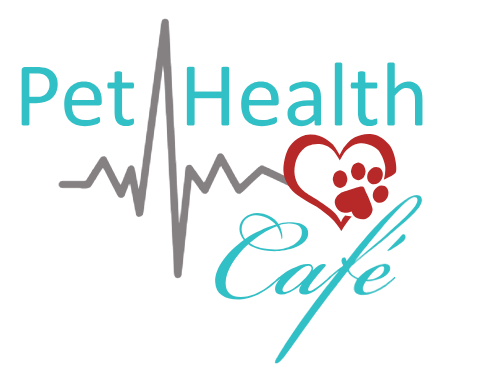For the past two decades major changes in the veterinary medicine have expanded the use of many unapproved drugs for use in pets. This regimen of using “off label” drugs means the use has not been approved for the condition being treated or tested for correct dosage. This practice is your veterinarian, usually upon the advice of a pharmaceutical representative, experimenting therapy with your pet. A good example is excessive use of antibiotics. Antibiotics are routinely administered before any diagnosis is determined.

The most recent concern is the excessive use of prescription pain medications for our pets. Because pets can’t verbalize their level or even existence of pain, how can we determine the dosage, frequency or the proper type of pain medication to be administered? Medical doctors and pharmacists often change your pain medications based on your communications with them. You can verbalize if it is working, by the levels of pain you experience, if it’s upsetting other bodily functions like digestion, sleep patterns, mobility and mental state. These observations determine whether to continue or discontinue the use of these medications.
Unfortunately your pet can’t tell you that the dose is inaccurate or that it’s causing psychological or physiologic changes or challenges. They can’t tell you that they need an extended prescription time. They also can’t tell you that even in that brief time, they have become addicted. They also can’t tell you about withdrawal.
It is most likely that you or your veterinarian probably haven’t addressed or even thought of this specific challenge that your pet is now facing. What are the symptoms? How do they feel? What is biochemically occurring in their body?
There are many people that don’t even realize that synthetic sweeteners are actually narcotics. Artificial sweeteners such as Xylitol is in many pet foods can be a Class 2 narcotic and can make your pet addicted in a matter of days with all the side effects and withdrawal effects. This can and often happens with many other drugs and medications as well.
Think about this…if we are aware of the many side effects and adverse events associated with these medications and food additives, plus the inability of communication from our pets, why would we subject them to this? There are many ways to treat and mitigate pain, inflammation, bacterial, fungal and viral challenges that don’t have these adverse event listings. Food, herbs, botanicals and mineral salts have been used successfully for centuries to allow the body to heal itself naturally. If your pet is sore from an injury, let it rest and heal. With gastric challenges, they may need to fast in order to rest and heal the digestive tract. As pet owners and caregivers, we are ultimately responsible for the health, care and well-being of our pets. While we look to the veterinary industry for help and guidance, it is ultimately our responsibility to seek the knowledge of species appropriate foods and natural care to provide our pets with an optimal life.
Although the practice of Medicine was developed to help and cure illness, it is unfortunate that the progress of modern technology and the utilization of numerous synthetics, drugs and products through this practice frequently mitigates and hides a symptom while additionally creating profits for business. Symptoms are signs of imbalance and can only remedied by lifestyle and dietary changes. These changes can only occur by seeking knowledge, understanding and experience of the species we have chosen as our pet. Bouncing from one pain medicine to another or one brand of kibble to another will not cure the body. Changing the pet’s lifestyle closer to what nature intended will bring your pet greater health and happiness.

